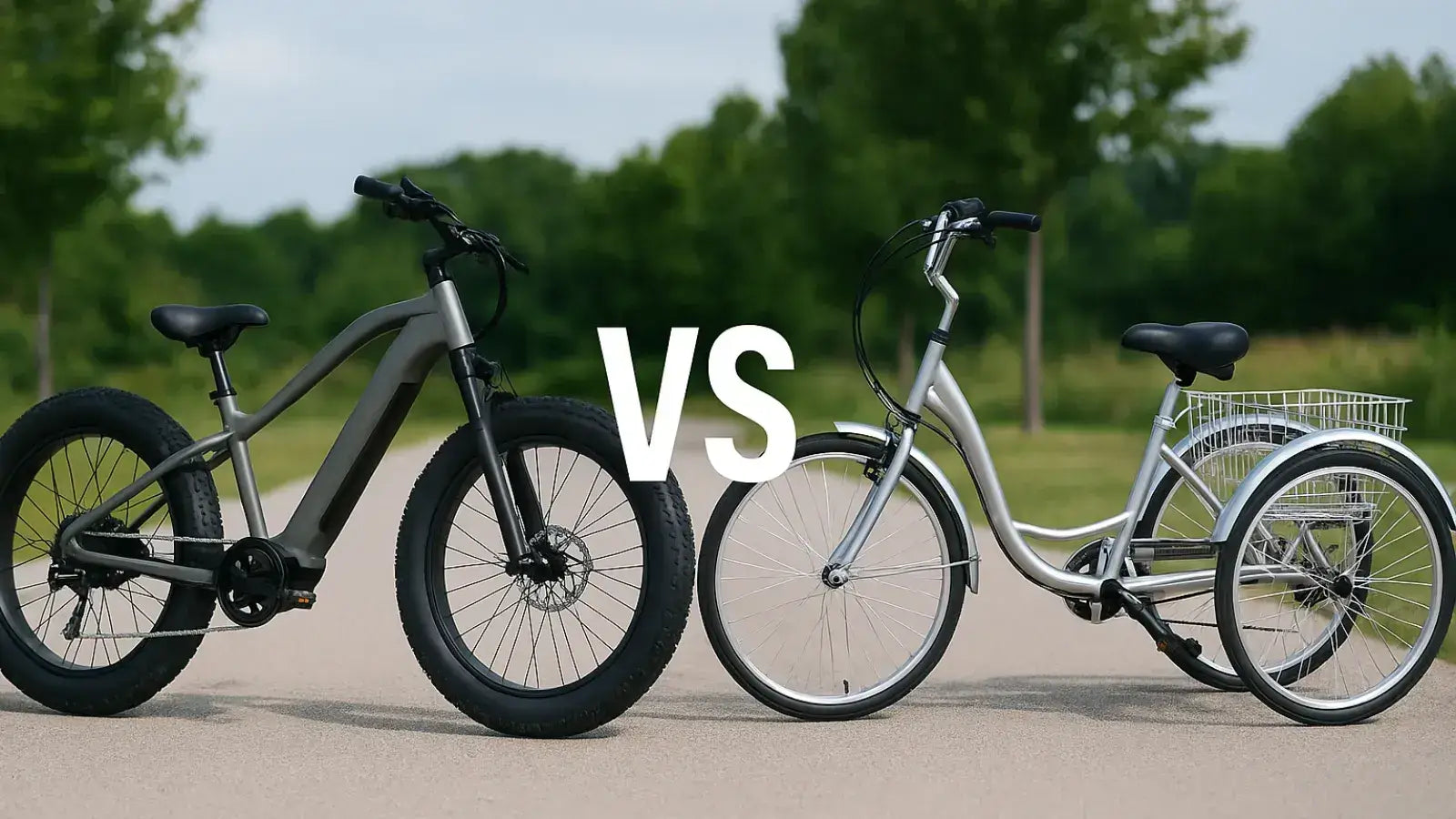
Fat Tire E Bikes for Sale: 2-Wheel vs 3-Wheel Comparison Guide
The World of Fat Tire E Bikes for Sale
When you search for fat tire e bikes for sale, you’ll find machines designed for sand, snow, and trails. Today, riders mainly compare two styles: the agile two-wheeled fat tire e-bike and the ultra-stable fat tire electric trike. This choice between two wheels or three matters a lot. Each design serves different needs and purposes.
Are you looking for quick trail performance or rock-solid stability for daily errands? Your answer depends on understanding how each bike handles stability, speed, terrain, and your budget. This guide breaks down everything you need to know to pick the right one for you. Based on insights from cycling experts and real-world riders, this guide highlights practical differences so you can shop fat tire e bikes for sale or a fat tire electric trike with confidence.
When browsing fat tire e bikes for sale near me, many riders also compare listings for big tire e bikes for sale or even fat tire electric mountain bikes for sale, since these terms often overlap in local shops and online stores.
Quick Comparison: 2-Wheel vs 3-Wheel Fat Tire E Bikes
Here's a simple table that shows the main differences. Use this to understand your options before we dive deeper.
| Feature | Fat Tire E-Bike | Fat Tire Electric Trike |
|---|---|---|
| Ideal Rider Profile | Adventure seekers, commuters | Older riders, balance-challenged, cargo haulers |
| Speed Range | 20–28 mph (depending on motor) | 15–20 mph |
| Average Range | 25–50 miles per charge | 20–40 miles per charge |
| Storage Needs | Fits in shed/garage, hitch rack compatible | Requires large garage, truck, or trailer |
| Typical Price Range | $1,200 – $2,500 | $2,500 – $4,000+ |
| Ease of Learning | Similar to regular bike | Easier start/stop, no balance required |

Why a 2-Wheel Fat Tire E-Bike is Worth It
The fat tire e-bike takes the mountain bike and makes it much more powerful. It gives you freedom, quick handling, and the classic bike experience with extra power to go farther and tackle harder terrain.
Why Riders Pick Fat Tire E-Bikes (✓ highlights):
✓ Faster acceleration for city commutes
✓ Easier to transport & store than trikes
✓ Affordable entry price compared to trikes
✓ Adventure-ready: sand, snow, gravel, trails
Features that Make Fat Tire E Bikes for Sale Special
A fat tire e-bike has huge tires that are usually 4 inches wide or bigger. These big tires use low air pressure, which creates a large area touching the ground for amazing grip. They come with strong motors, often 750W to 1000W, and tough frames built to handle rough use. Cycling experts say this mix of wide tires and powerful motors lets the bike float over soft surfaces like sand and snow, which is why fat tire electric mountain bikes for sale are so popular among off-road riders. The bike also soaks up bumps from roots and rocks on trails, giving you both comfort and strong grip. This is why so many riders browsing fat tire e bikes for sale choose them over a fat tire electric trike when the goal is speed and performance on varied terrain.
The Good Parts: Freedom and Flexibility
- All-Terrain Power: This is the main reason people love these bikes. A fat tire e-bike doesn't stop when the road ends. You can ride on sandy beaches, snowy paths, and rough forest trails with confidence.
- Quick and Fast: Two wheels give you a lively and responsive ride. You lean into turns, navigate tight trails, and usually go faster than a trike. The experience keeps you active and engaged. Many riders looking at fat tire e bikes for sale near me mention how important quick acceleration feels in traffic. Unlike a bulky trike, a fat tire e-bike can slip through narrow bike lanes, beat stop-and-go city lights, and keep up with urban flow. This makes them not just faster, but far more practical for daily commuting.
- Active Riding: Riding a two-wheeler needs constant balance and body movement. Many people love this physical part because it's fun and gives them exercise.
- More Choices: Since they've been around longer, you'll find more models, styles, and prices when looking for fat tire e bikes for sale or big tire e bikes for sale in both local shops and online marketplaces. Range anxiety is another pain point for first-time buyers. Here, the lighter weight of fat tire e-bikes often means longer rides per charge compared to trikes. Many fat tire electric mountain bikes for sale come with optional dual batteries, giving adventure riders peace of mind on longer weekend trips.
The Hard Parts: Staying Balanced
- Balance is Required: You must be able to balance a bike to ride it. This makes it wrong for riders with balance problems, certain physical limits, or fear of falling.
- Less Cargo Space: You can add racks and bags to carry gear, but a fat bike can't haul as much as a trike. It can't compete with the huge amount a trike can carry.
The Strengths of Fat Tire Electric Trikes
While fat tire e bikes for sale dominate the market for adventure and commuting, the fat tire electric trike focuses on stability and usefulness above everything else. It opens up biking to people who can't or don't feel comfortable on a regular two-wheeled bike, while also working as a strong utility vehicle.
Why Riders Pick Fat Tire Electric Trikes (✓ highlights):
✓ Rock-solid stability, no balancing needed
✓ Huge rear basket for groceries & cargo
✓ Easy access for seniors or riders with mobility issues
✓ Comfortable upright riding posture
How Fat Tire Electric Trikes Stand Apart
The most obvious thing is the three-wheel setup. Most use a "delta" style with two wheels in the back, which gives a stable base and often has a large cargo basket between the rear wheels. The design is all about making you feel confident. Low frames make getting on and off easy, and the stable platform means you never worry about putting your foot down at a stop sign. Hands-on reviews often highlight this focus on easy access and safety, making it a game-changing option for many riders.
The Good Parts: Stability and Usefulness
- Ultimate Stability: This is the trike's superpower. You'll never worry about tipping over at slow speeds or when stopped. You can start and stop with both feet on the pedals, which gives you a huge confidence boost.
- Huge Cargo Space: With large, built-in rear baskets, electric trikes are workhorses. They're perfect for big grocery trips, carrying tools for work, or even safely moving a pet.
- Easy Access: For older riders, people with disabilities, or anyone with balance concerns, the electric trike is more than transportation. It's a ticket to freedom and independence, making biking possible where it wasn't before.
The Hard Parts: Trade-offs for Stability
- Big and Heavy: Three wheels, a larger frame, and cargo baskets add up to a lot of weight and size. Trikes are much heavier and bulkier than bikes, making them hard to lift, store, and transport.
- Different Handling: You can't lean a trike into a turn like a bike. You must steer it like a car, which feels strange at first and makes you slow down for corners. It also acts differently on sloped surfaces, where it will want to roll downhill.
Fat Tire E-Bike vs Trike: Which Fits Your Needs?
Looking beyond just features, the best choice becomes clear when you match the vehicle to how you live. Here's who benefits most from each type of ride.
Find Your Best Quick Match:
- Do you want speed, agility, and off-road fun? → Choose a Fat Tire E-Bike
- Do you value stability and cargo space above all? → Choose a Fat Tire Electric Trike
- Do you commute in traffic daily? → E-Bike for nimble handling
- Do you carry groceries, pets, or tools often? → Trike for hauling power
The Weekend Explorer
This rider loves to explore new places. They see a dirt path off the main road and think, "I wonder where that goes." They want a quick, responsive feel that can handle narrow trails, jump over small logs, and carve through turns on gravel roads. For them, the choice is easy: the Fat Tire E-Bike. Its all-terrain ability combined with exciting riding is perfect for off-road exploration and adventure.
Older Riders or Those with Balance Issues
This rider puts safety first above everything else. They may have ridden bikes their whole life but now find balancing hard, or maybe they never learned to ride at all. They want to enjoy fresh air and freedom without constantly worrying about falling. For this person, the Fat Tire Electric Trike is the perfect answer. We've seen how a trike's low frame changes everything for riders. Getting on is as simple as stepping over a low curb, which is completely different from swinging your leg over a high bike frame. This simple change removes a major barrier to riding for many people.
The City Cargo Hauler
This rider sees their bike as a tool for getting things done. Their goal is to replace car trips for grocery shopping, running errands, or making local deliveries. For them, cargo space is the most important thing. A couple of grocery bags won't work; they need to haul a week's worth of supplies. The clear winner here is the Fat Tire Electric Trike. Its huge rear basket and stable platform can handle heavy, bulky loads that would be unsafe or impossible on a two-wheeler.
The All-Weather Commuter
This situation is more complex and depends on specific needs. A commuter needs to navigate traffic, bike lanes, and possibly slippery conditions. The Fat Tire E-Bike is more nimble, making it easier to move through crowded areas and keep up with city traffic flow. However, the stability of a trike can be comforting on icy or wet roads. We usually find the bike's quick handling and smaller size win out for pure commuting, but a confident rider could certainly use a trike if cargo and stability matter more than speed.
Living with Fat Tire E Bikes and Trikes
We’ve tested both fat tire e bikes for sale and fat tire electric trikes in city commutes, weekend trails, and grocery runs to show how they actually perform beyond spec sheets. The feature list only tells part of the story. Living with one of these vehicles day after day shows practical differences that are important for your long-term happiness.
Handling and Moving Them Around
Turning corners is the biggest handling difference between the two types. You lean a bike into a turn, using your body weight to stay balanced and maintain speed. On a trike, you must slow down and steer while keeping your body straight. From our testing, we know the feeling of a trike's outer wheel lifting slightly if you take a turn too fast. It's an important lesson in slowing down and respecting the trike's different physics.
One hidden factor buyers compare when choosing between fat tire e bikes for sale and a fat tire electric trike is portability and storage space. While still heavier than a normal bike, most fat tire e-bikes can go on hitch racks or even fit in SUVs with the front wheel removed. By contrast, hauling a fat tire electric trike almost always needs a pickup or trailer, which adds cost and hassle. To put it simply: a fat tire e-bike can fit in a garage or shed; a fat tire electric trike takes up as much space as a small car. Its wide rear axle and overall length need a lot of floor space. Moving them is also different. Most fat tire e-bikes can go on your car with a heavy-duty hitch-mounted rack. A fat tire electric trike, because of its weight and width, almost always needs a pickup truck bed or a utility trailer.
Maintenance & Costs: Fat Tire E-Bike vs Trike
Both need similar basic care, but a trike has more parts to maintain. It has an extra wheel and tire, and the rear axle is more complex, sometimes with a differential to let the wheels spin at different speeds in turns. This can mean more things that might break and slightly higher long-term costs. For example, while one tire costs the same, replacing all tires on a trike will cost 50% more than for a bike. Always check the warranty and local dealer support before buying fat tire e bikes for sale or a fat tire electric trike, since after-sales service can greatly affect your long-term satisfaction.

How to Choose the Right Fat Tire E Bike for Sale
The choice between these two amazing machines comes down to one basic trade-off: quick handling and traditional bike feel versus unbeatable stability and cargo space. Neither is definitely better; they're just better for different people and different needs.
Choose a fat tire e-bike if you love adventure, want nimble handling for trails and traffic, and feel comfortable balancing on two wheels. It's the choice for active riders who want performance and flexibility. Choose a fat tire electric trike if your top priorities are safety, stability, and carrying lots of cargo. It's perfect for older riders, people with physical challenges, and anyone needing a practical, confidence-building utility vehicle.
No matter if you are checking fat tire e bikes for sale near me or searching online for fat tire electric mountain bikes for sale, the right choice comes down to how much you value stability, speed, and budget in daily life. The best choice is the one that gets you outside and riding with a smile—whether that’s a versatile fat tire e-bike or a confidence-boosting fat tire electric trike. By thinking about your personal needs for stability, speed, and daily use, you can now find the perfect fat tire e-bike or trike for sale that truly fits your lifestyle.
If you’re leaning toward speed, agility, and a budget-friendly option, start by exploring fat tire e bikes for sale from trusted brands. For riders who prioritize stability and cargo, a fat tire electric trike may be the smarter pick. Ready to take the next step? Compare models near you today and find the ride that matches your lifestyle.
Ready to Decide?
- Choose a Fat Tire E-Bike → Best for adventure, speed, budget
- Choose a Fat Tire Electric Trike → Best for stability, safety, cargo
Frequently Asked Questions
1. Q: Can I ride a fat tire e-bike in the winter?
A: Yes, fat tire e-bikes are excellent for winter riding. The wide tires provide great traction on snow and ice when you lower the air pressure. Just make sure to keep your battery warm and consider getting studded tires for icy conditions.
2. Q: How much weight can a fat tire electric trike carry?
A: Most fat tire electric trikes can carry between 300-400 pounds total, including the rider and cargo. The rear basket typically holds 50-100 pounds of gear, making them great for grocery shopping and errands.
3. Q: Do I need a license to ride these bikes?
A: In most places, you don't need a license for e-bikes under 750W that don't go faster than 20 mph without pedaling. However, laws vary by state and city, so check your local regulations before buying.
4. Q: How far can I ride on a single battery charge?
A: Range depends on battery size, terrain, rider weight, and how much you pedal. Most fat tire e-bikes and trikes can go 20-50 miles per charge. Trikes typically have shorter range due to their extra weight.
5. Q: Are fat tire electric bikes harder to pedal without the motor?
A: Yes, fat tire bikes are heavier and have more rolling resistance than regular bikes, making them harder to pedal without motor assistance. However, most have multiple assist levels so you can still get exercise while the motor helps you along.



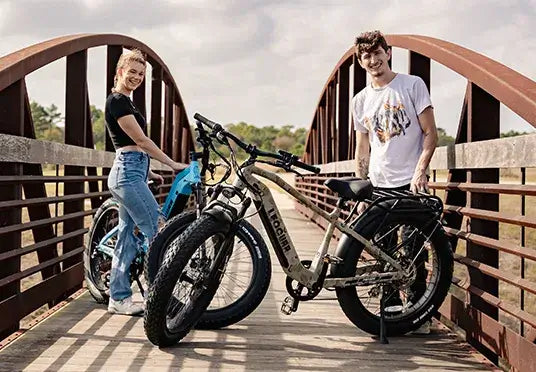
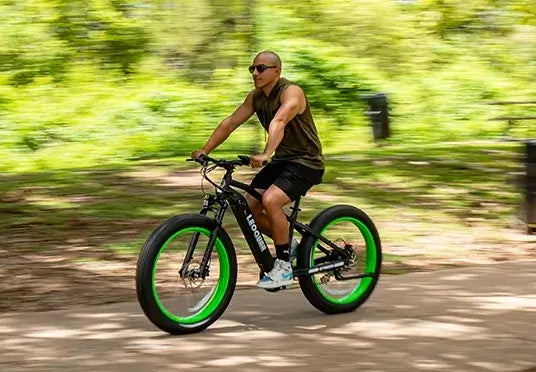
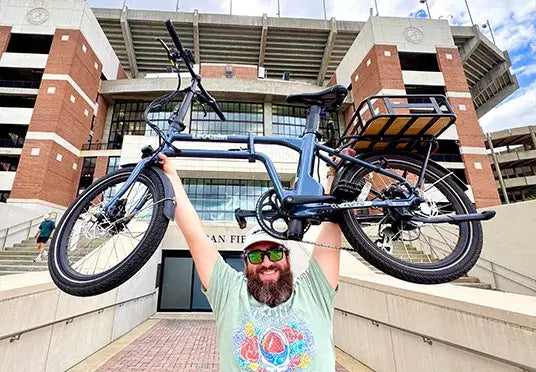
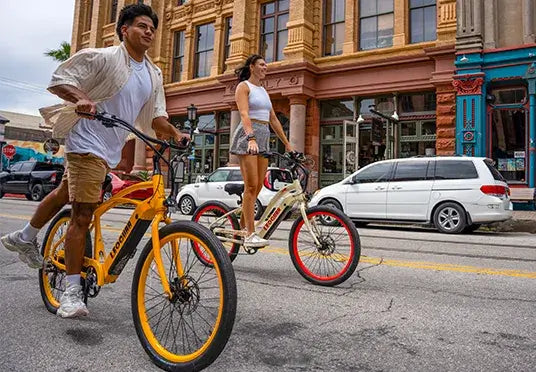
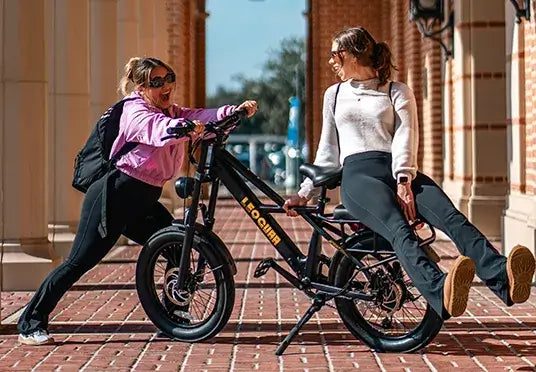
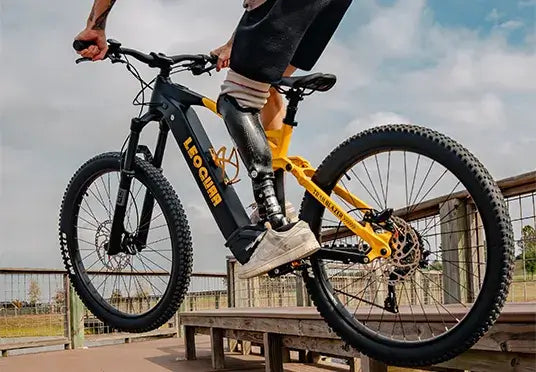
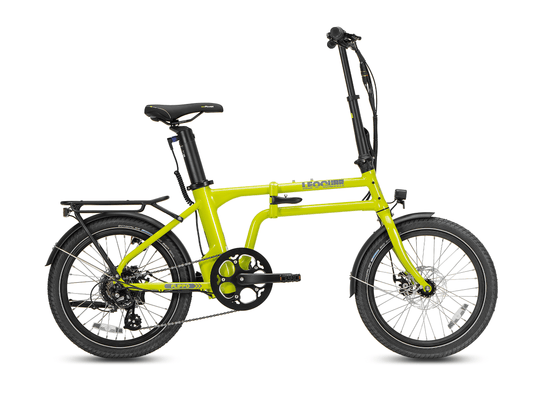
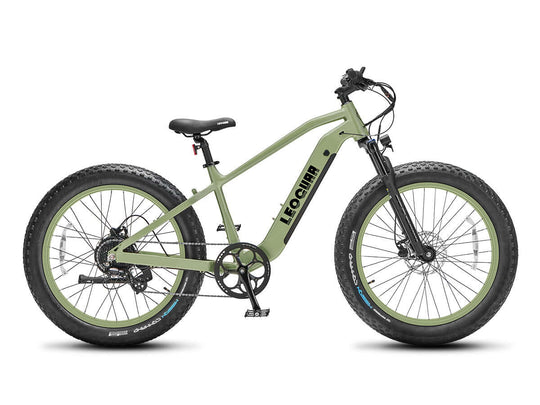
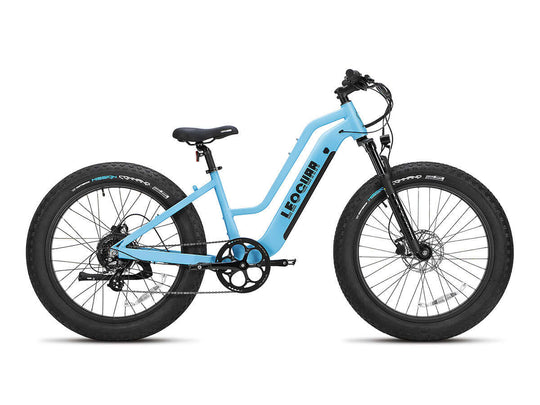
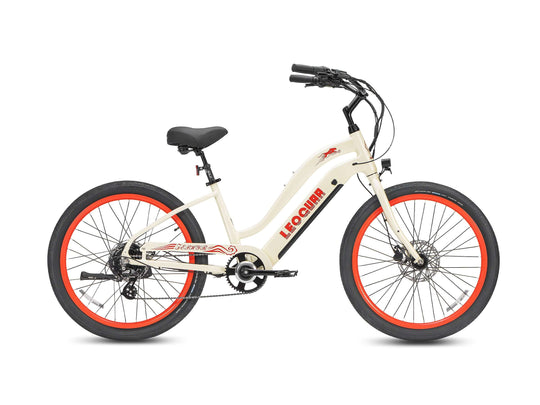
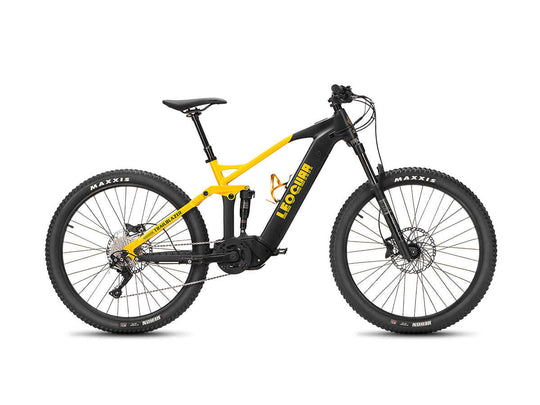
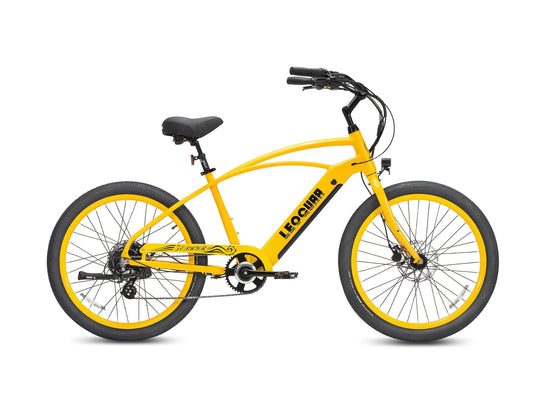
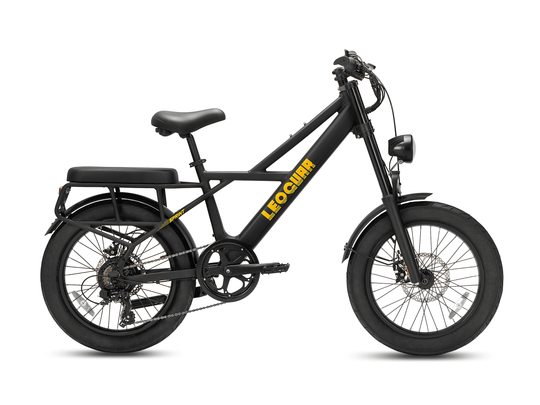
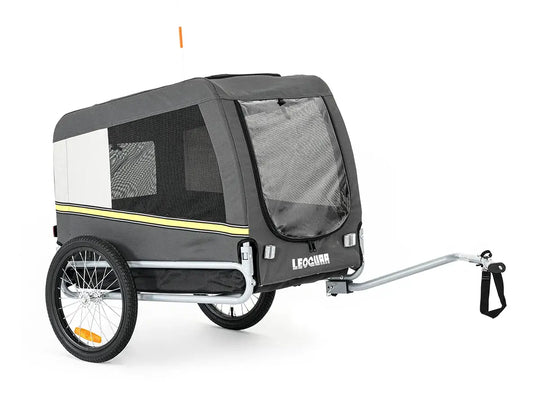
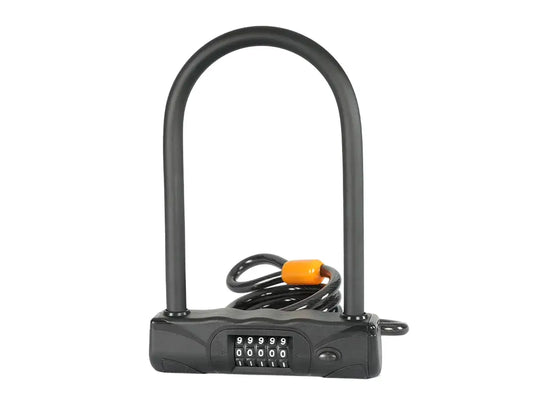
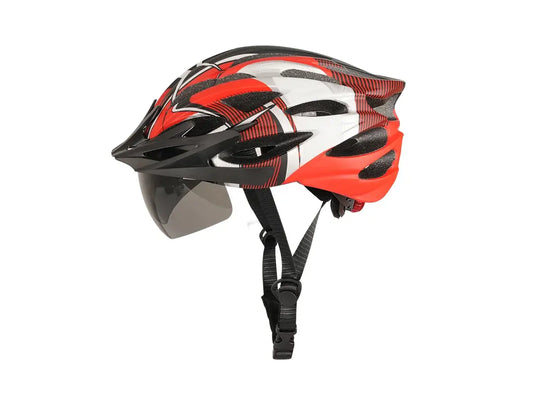
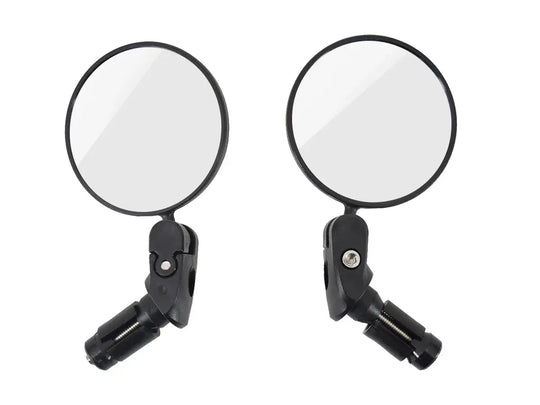
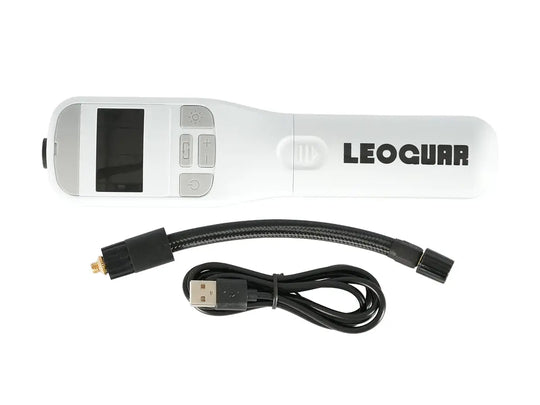
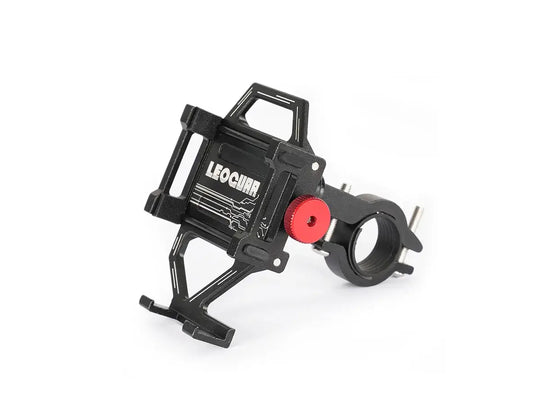
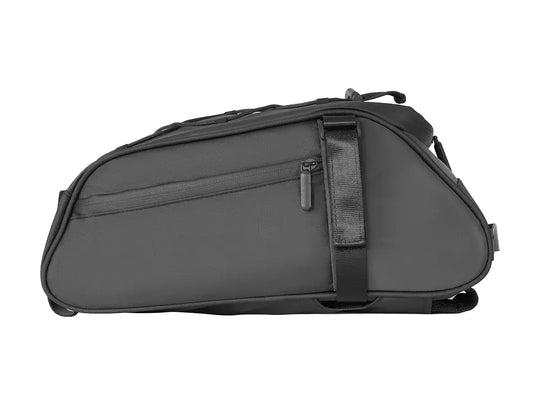
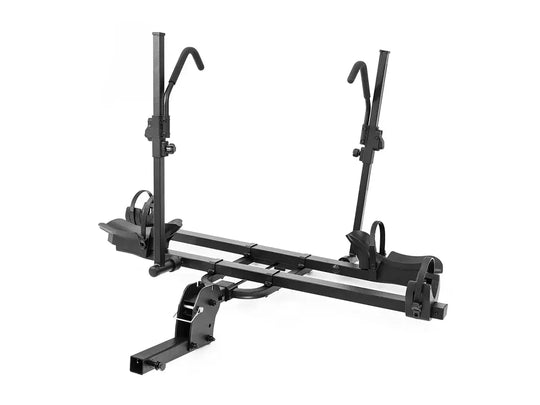
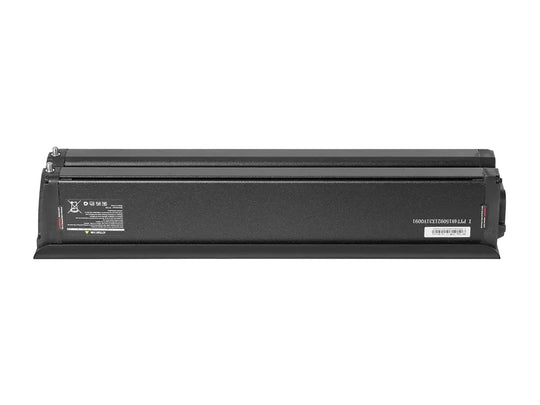
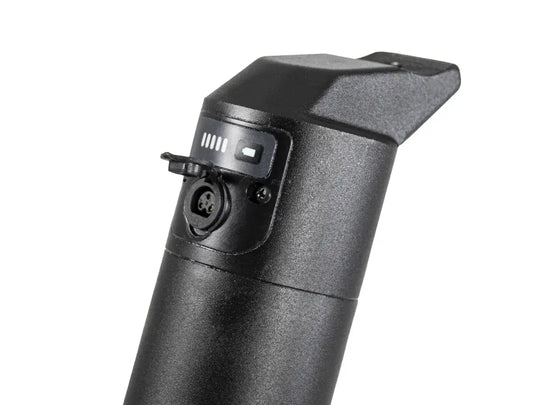
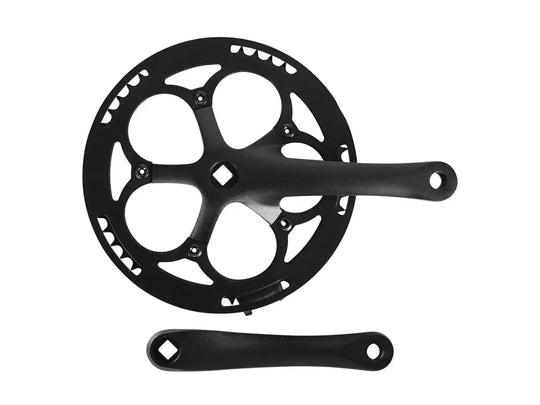
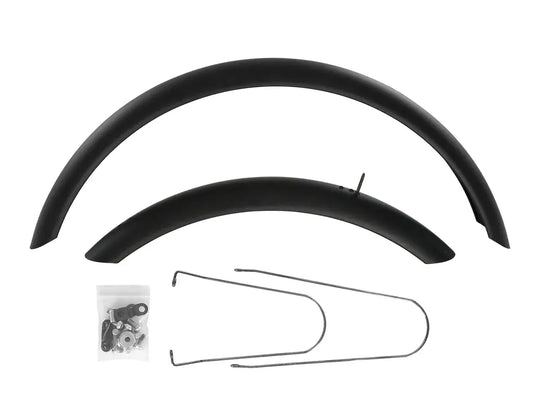
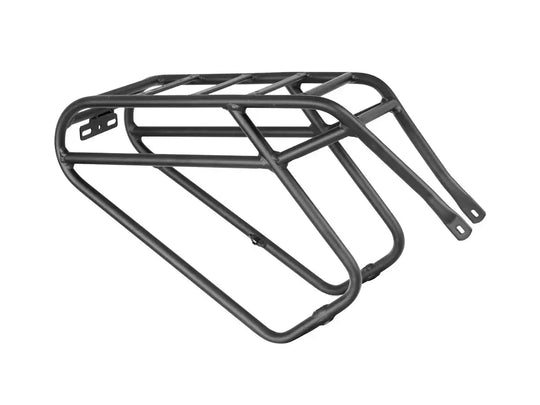
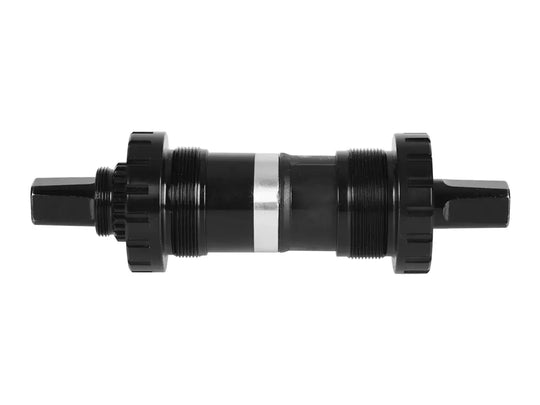
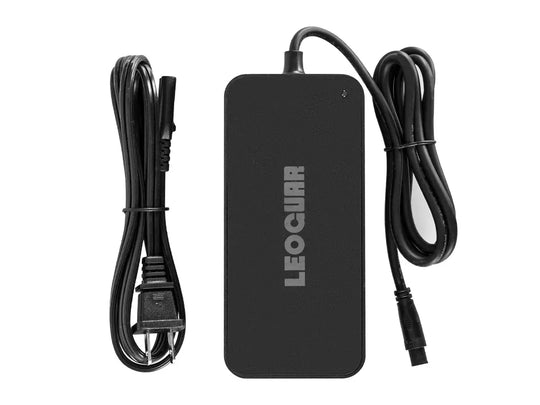
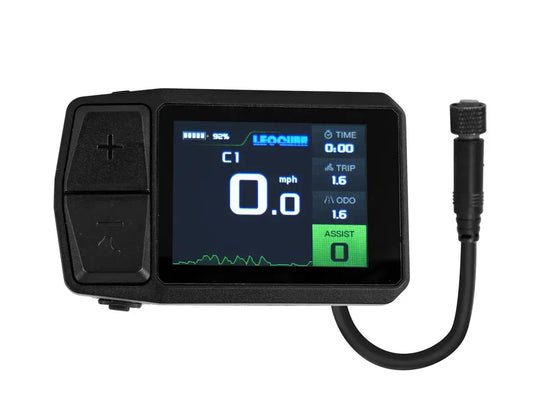
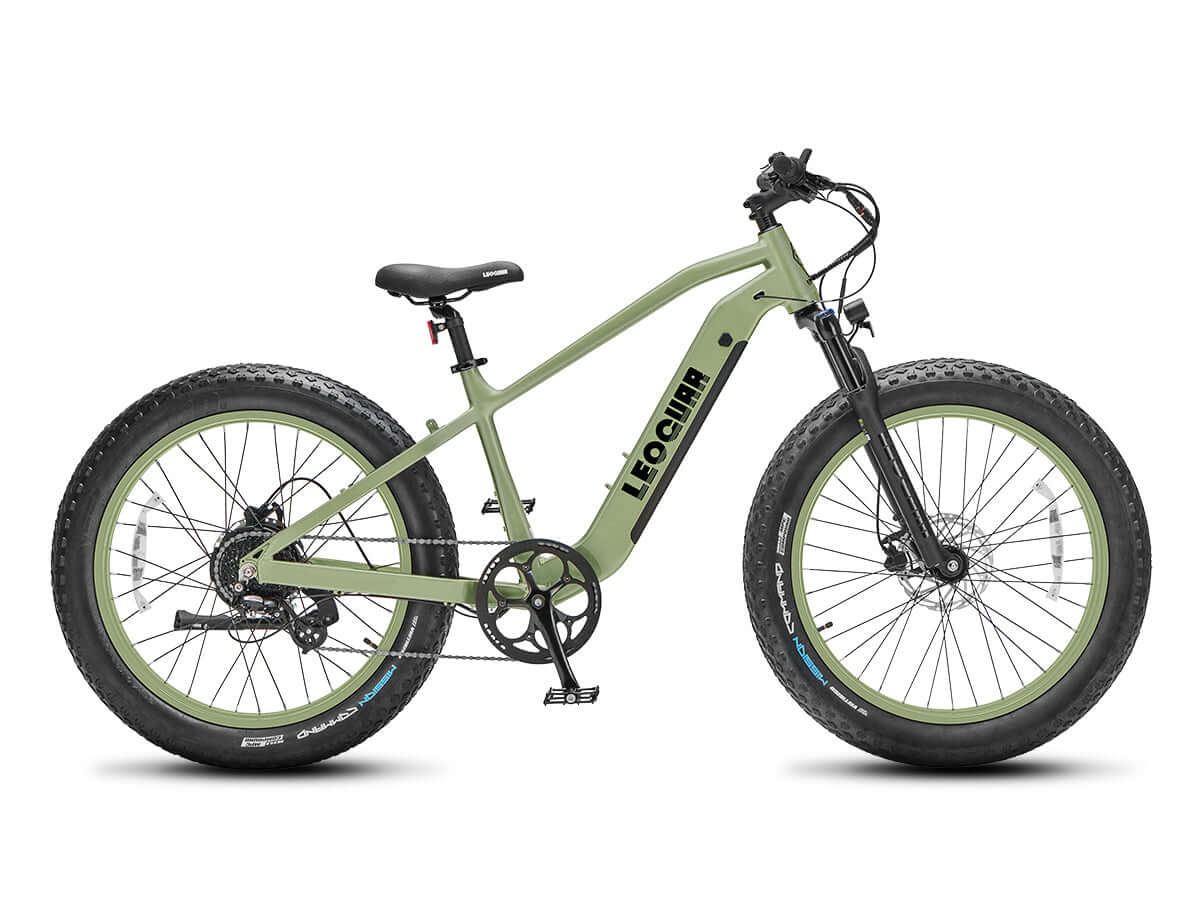
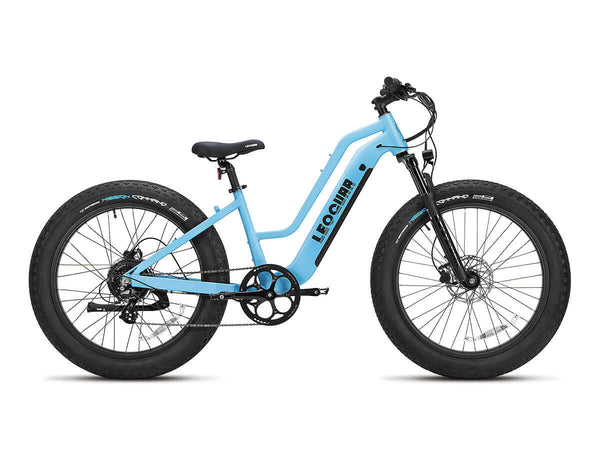







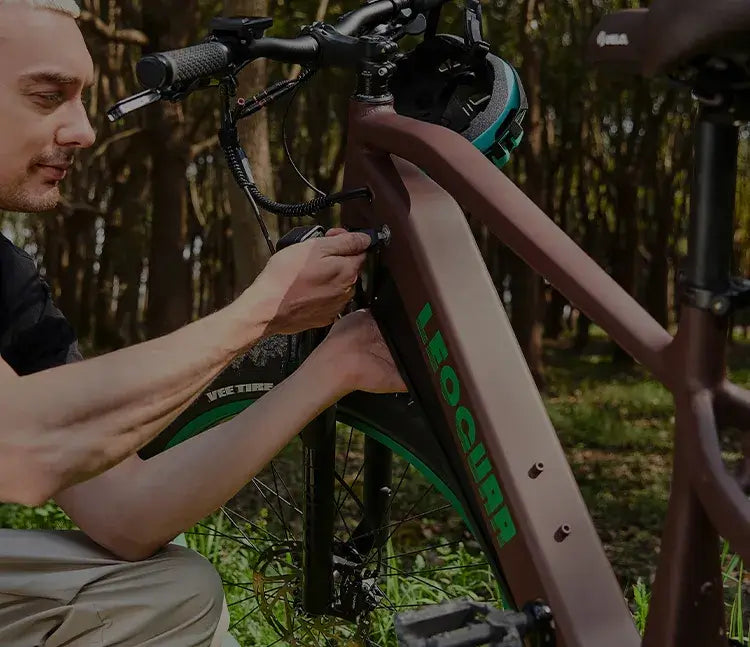
Leave a comment